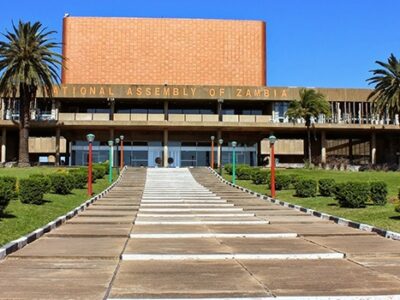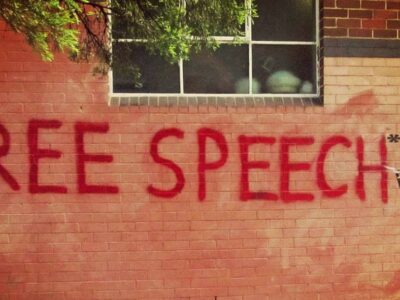Now at 60, Zambia has made significant strides toward achieving a free society where citizens can picket and express their opinions without fear of reprisal.
Despite numerous milestones, such as the repeal of the defamation of the President and the enactment of the Access to Information Act, significant challenges to freedom of expression persist.
Recent developments reflect Zambia’s ongoing struggle.
The Access to Information Act promises to enhance public access to information, promote transparency, and foster greater participation in governance.
However, issues remain, including the continued use of restrictive laws and practices that threaten freedom of speech.
Amnesty International Zambia’s recent snapshot highlights notable progress, such as efforts to amend the Public Order Act (POA).
The Zambia Law Development Commission (ZLDC) has reviewed the POA and proposed the Public Gathering Bill to replace it.
This bill aimed to address the long-standing misuse of the POA to curtailed freedom of expression, assembly, and association, particularly affecting civil society and opposition parties.
Read mored :balancing-citizen-journalism-traditional-gatekeeping-in-zambias-media-landscape-by-hannet-mwimbe
In an insightful scholarly article, Katherine (Hyun-Joo) Mooney, a PhD candidate at Ohio State University, underscores the need for Zambia to make more meaningful concessions regarding free speech.
Mooney noted that President Hakainde Hichilema’s 2022 repeal of the death penalty and the law against publicly defaming the president marked significant progress.
Under Section 69 of the Penal Code, which had been in place since 1965, Zambians could be imprisoned for up to three years for ridiculing the president.
Mooney acknowledged this as a step forward but highlights that media control remains a challenge.
She traced the roots of media control back to Kenneth Kaunda’s regime, which used the media to support his one-party state and Humanist policies.
Kaunda’s administration controlled newspapers and broadcasting services by staffing them with individuals who would publish favorable content.
This approach ensured that government perspectives were predominant, even in the face of criticism.
Despite the return to multi-party politics in 1991, the Movement for Multi-Party Democracy (MMD) failed to liberate the media as promised, continuing to exert executive power over the press.
This persistent control eroded public trust in the media and state institutions, leading to further resistance and repression.
Mooney emphasizes that Zambia’s current administration must address these issues, especially in the digital age.
The 2021 protests against the Cyber Security and Cyber Crimes Act illustrate ongoing concerns about restrictive measures that could undermine freedom of expression.
“The Hichilema administration needs to take heed; otherwise, Zambians will continue to fight tooth and nail for their freedom of expression,” Mooney warned.
She called for the end of the cycle of restrictive laws and violent suppression, a struggle that has persisted since the Kaunda era.
As Zambia continued to navigate these complex issues, the quest for greater speech rights remains a pivotal challenge.
The nation’s progress would depend on its ability to reconcile past practices with the demands of a more open and democratic society.
WARNING! All rights reserved. This material, and other digital content on this website, may not be reproduced, published, broadcast, rewritten or redistributed in whole or in part without prior express permission from ZAMBIA MONITOR.













Comments